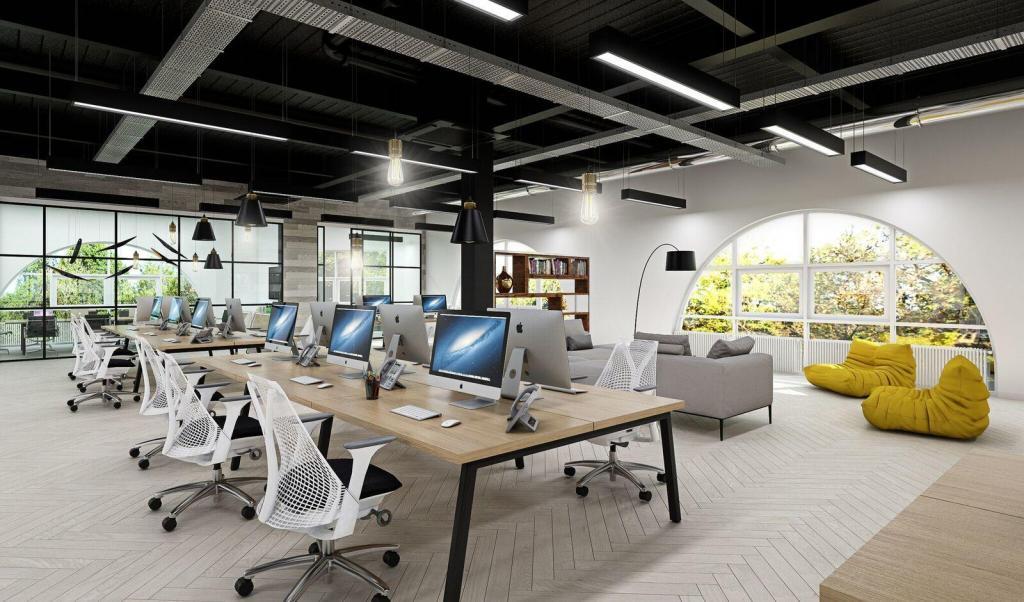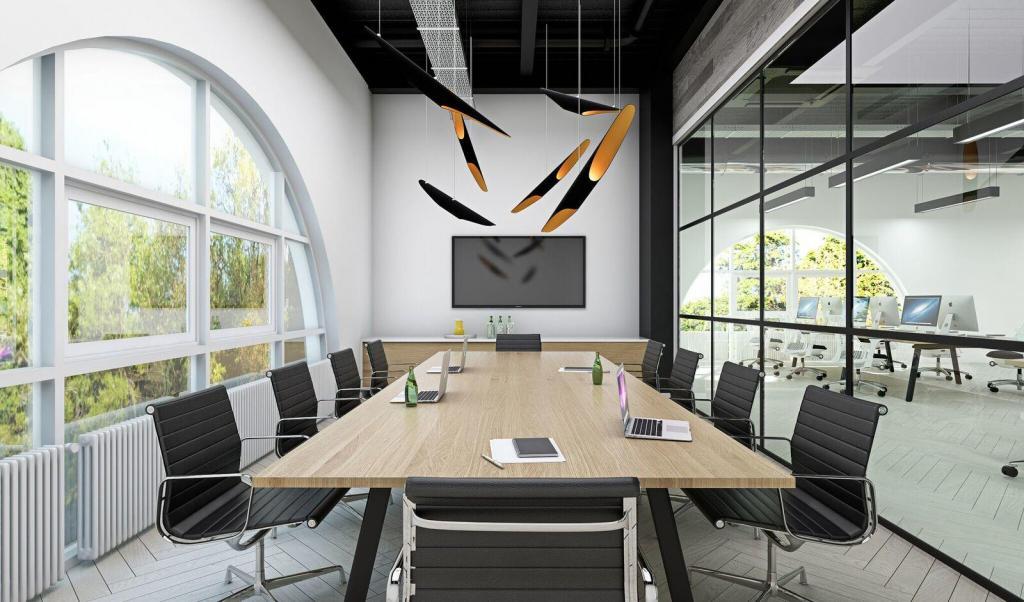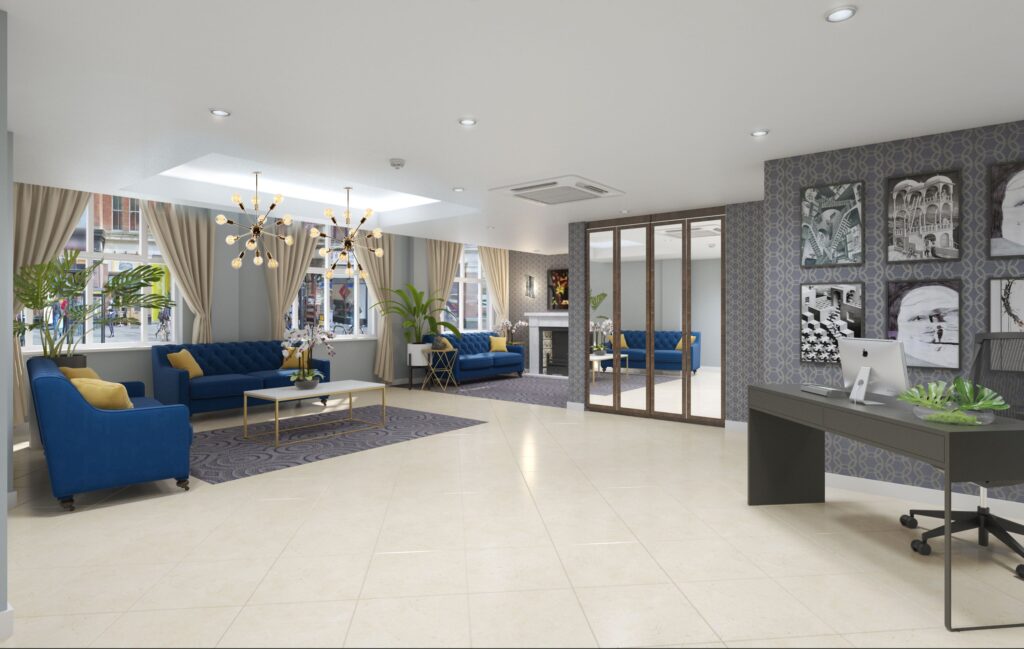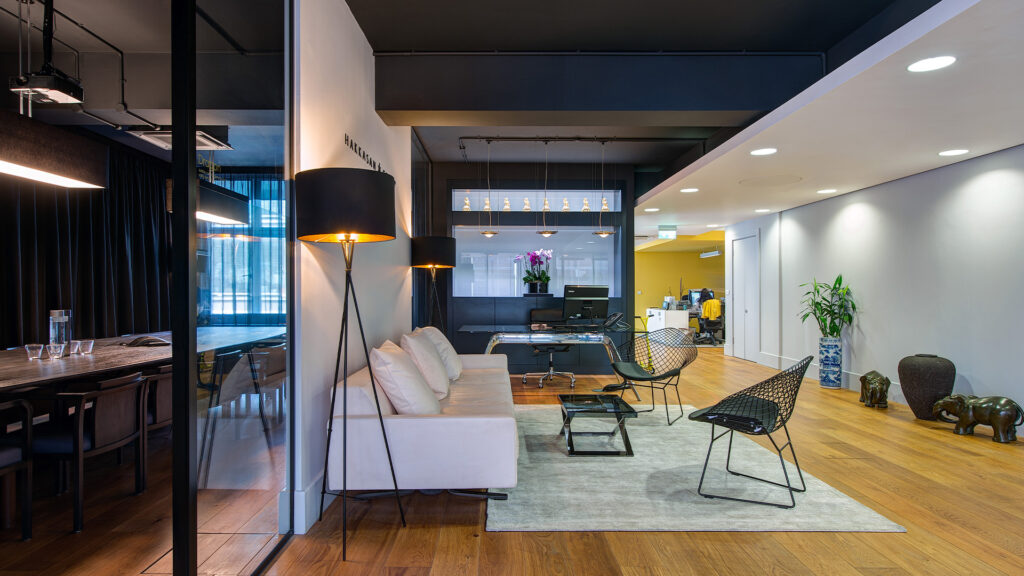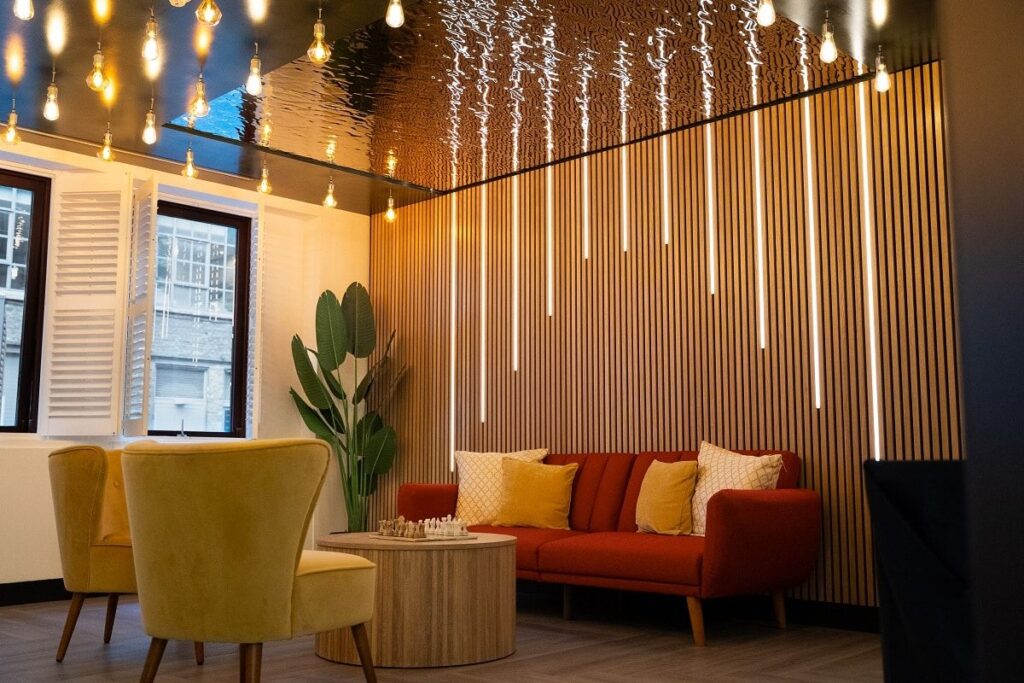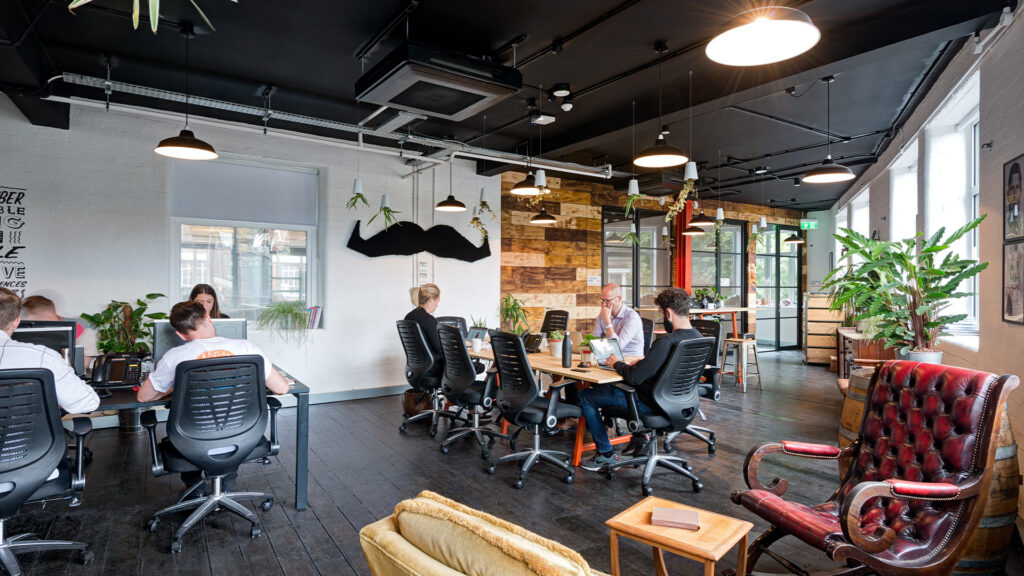When deciding on the right office space for your business, the choices can seem overwhelming. With various options available, it’s crucial to assess your company’s specific needs and long-term goals.
Whether you’re a startup, expanding enterprise, or established corporation, the right office space can significantly impact your team’s productivity, company culture, and bottom line. In this article, we’ll guide you through the key factors to consider when selecting office space, and how proper office space planning can optimise your operations.
Understanding Your Business Needs
Before you even start looking for office space, it’s vital to take a step back and reflect on your business’s requirements. The right office space will depend heavily on factors such as the:
- Size of your team
- Nature of your business
- Work culture you aim to foster.
For example, if your business is primarily focused on remote work or digital services, you might not need a large physical office. Instead, a co-working space with flexible terms might suit your needs better, offering you the opportunity to scale as needed.
On the other hand, if you operate a customer-facing business or one that requires constant collaboration among your employees, you might opt for a more traditional office layout. This could include private offices, meeting rooms, and shared spaces for casual brainstorming sessions. The balance between private and collaborative spaces should align with how your team operates.
Factors to Consider When Choosing Office Space
When deciding on the best office space for your business, it’s crucial to consider several factors that could affect your day-to-day operations:
- Location
Location is a key element in choosing the right office space. Consider accessibility for employees, clients, and potential partners. Having an office in a central location can make it easier for your team to commute and for clients to find you.
If you are a customer-facing business, being located in an area with high foot traffic, such as in major cities or near business hubs, can enhance your visibility and attract more clients.
- Budget
The cost of office space is often a deciding factor for many businesses. Traditional offices can require significant investment in terms of rent, utilities, insurance, and maintenance. While serviced or co-working spaces can be more affordable, they come with their own set of expenses.
When looking at office space planning, consider your current budget and future growth. Opting for a smaller office with room for expansion could be a more cost-effective long-term solution than locking into a larger space you may outgrow in a few years.
- Company Culture and Employee Satisfaction
The type of office space you choose can directly influence your company culture. An open-plan space may foster collaboration, while private offices can provide employees with the quiet they need to focus on individual tasks.
A well-designed office space with natural light, ergonomic furniture, and dedicated break areas can significantly boost employee morale and satisfaction. Happy employees are more likely to be productive and stay with your business for the long term.
- Scalability
As your business grows, you’ll need an office space that can adapt to your changing needs. Scalable office spaces, such as co-working spaces or serviced offices, allow you to increase your space as your team expands.
Think about whether your business will need more office space in the next few years. Opting for flexible terms could save you from the hassle of moving again in the near future.
Related read: How Much Office Space Does Your Business Need?
Types of Office Space
Traditional Office Space
Traditional office spaces are typically long-term leases that offer the privacy and flexibility many businesses need. These offices often come with all the amenities and facilities you might need for day-to-day operations. Traditional office spaces work well for businesses that require dedicated spaces for teams, departments, or meetings.
For those looking to retain complete control over their office layout, traditional office spaces are a great option. With the freedom to design and modify the space to suit your business needs, you can create a more personalised environment that reflects your brand and company culture.
However, securing a traditional office space can be costly, especially in prime locations. The financial commitment is another factor to consider, as rent prices vary significantly depending on location. For example, office spaces in London tend to be much more expensive than those in smaller cities or regional areas.
Co-working Spaces
Co-working spaces are ideal for startups and businesses looking for flexibility. These spaces offer a shared working environment where multiple companies and individuals work alongside each other. They usually provide various services such as high-speed internet, office furniture, and utilities, all included in the price.
Co-working spaces are perfect if you’re looking for a collaborative atmosphere where networking and exchange of ideas are encouraged. For businesses with a small team, co-working spaces provide a cost-effective solution without long-term commitments. Flexibility is one of the major selling points, as you can often scale up or down based on your evolving needs.
Many co-working spaces host events, workshops, and networking opportunities, giving your business access to a larger community of professionals. The downside is that the lack of privacy might not suit every business type, especially those in highly regulated industries or those needing confidential spaces.
Virtual Offices
For businesses that don’t need physical office space but want to establish a professional presence, virtual offices are an appealing solution. Virtual offices provide a business address and phone services without the need for a physical location. This is particularly useful for remote-first companies, sole traders, or businesses looking to establish themselves in prestigious areas without incurring high rent costs.
In addition to offering a registered business address, virtual offices typically come with options for meeting room hire, making it an ideal choice for businesses that occasionally need to meet clients or conduct interviews.
Serviced Offices
Serviced offices are similar to co-working spaces but typically offer a more private, dedicated area for your team. These offices are fully furnished and managed by a service provider, handling all aspects of the office, including maintenance, cleaning, and utilities.
They offer flexible lease terms, meaning you can rent for short or long periods without the long-term commitment that a traditional office lease would require. Serviced offices are great for businesses that need a turnkey solution with minimal setup and overhead. They tend to be more expensive than co-working spaces, but the convenience and additional services can be worth it for growing companies.
Shared Office Space
Shared office space involves sharing a larger office with other businesses or individuals. Unlike co-working spaces, shared offices often come with a bit more privacy. Each business or individual has their own designated space within the larger office, but shared facilities, such as meeting rooms and kitchens, are typically used by all.
This type of office space offers a good balance between privacy and affordability. Shared office spaces are often located in central business districts, providing your business with a professional address in a prime location at a fraction of the cost of renting a whole office.
How Office Space Planning Can Help Your Business Thrive
Office space planning is more than just choosing an office and filling it with desks. It’s about designing a space that supports your business’s operations, encourages collaboration, and fosters productivity. By understanding your business’s needs and priorities, you can make smarter choices when it comes to choosing office space.
Proper planning can help maximise the use of available space, reducing overhead costs and boosting operational efficiency. Whether you’re managing a traditional office or a shared workspace, effective office space planning ensures that your environment supports your team’s workflow and business goals.
Closing Notes
Choosing the right office space for your business is a significant decision that can have a lasting impact on your company’s success. From traditional offices to co-working spaces and virtual offices, each option offers unique advantages. Consider your budget, location, and the type of work culture you want to foster when making your decision.
Ultimately, your office space should serve as a tool for growth, collaboration, and efficiency, helping your business thrive for years to come. By carefully evaluating your options and embracing strategic office space planning, you’ll be well on your way to finding the ideal space for your business.







